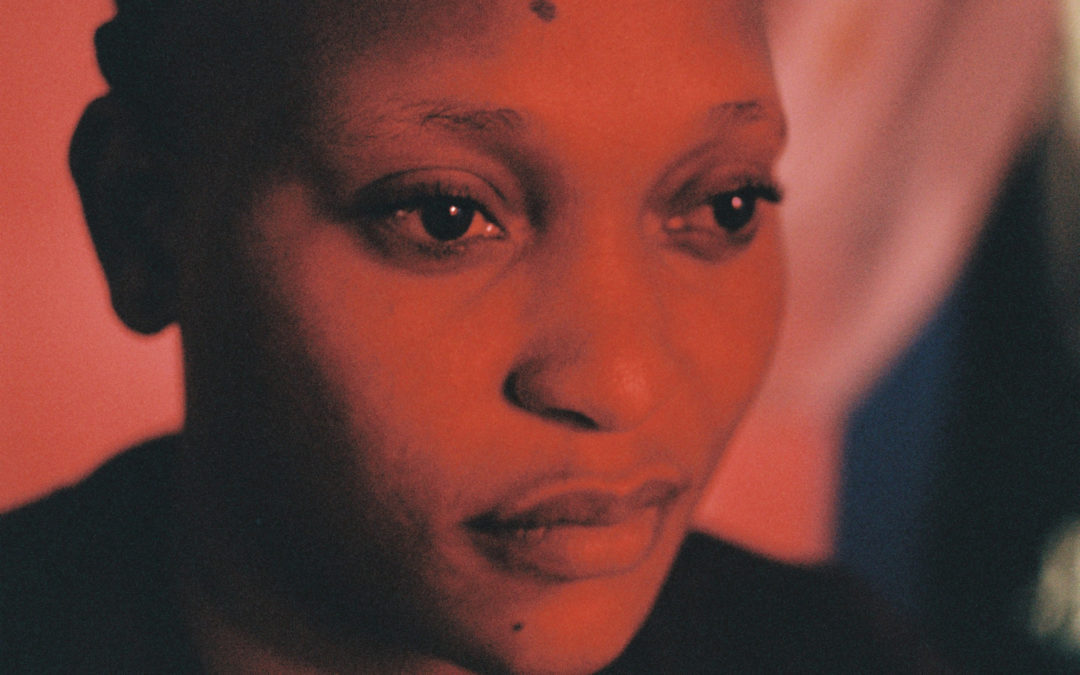(IMAGE: STRAND RELEASING)
Strand Releasing. 2017. Drama. 124 minutes.
RATING: 3 angels
For all the pain that colonial wars in Indochina and Algeria wrought upon France as a nation, the residue of those conflicts has played no small part in the development of the most ethnographically rich cinema of any Western nation in the past half century. Beginning with the 1966 release of Franco-Senegalese auteur Ousmane Sembène’s Black Girl, French cinema has sustained and benefitted from films centering on the lives and experiences of French-colonial peoples both in France and their nations of origin. The internationally acclaimed careers of such filmmakers as Sembène, Tran Anh Hung, Abdellatif Kechiche and Euzhan Palcy, among numerous others, testify to an uncommon willingness to embrace not just the Francophone diaspora but the global human diaspora as seen through Francophone eyes. The recent successes of Jacques Audiard’s Cannes-winning Dheepan, Deniz Gamze Ergüven’s Oscar-nominated Mustang and Philippe Faucon’s Fatima suggest an intensifying of this particular posture in French cinema which Franco-Senegalese filmmaker Alain Gomis’ Félicité is perfectly poised to exploit.
Winner of the Berlin Film Festival’s Silver Bear, Félicité is only Gomis’ fourth feature film in sixteen years, but it is by far his best and most accomplished. Whereas previous efforts like Andalucia and Aujourd’hui could seem at times more ambitious than successful in their attempts at wringing too much emotion out of too little plot, Félicité finds the director moving closer to a formula that works. Congolese singer Véro Tshanda Beya makes an auspicious acting debut as Félicité, a Kinshasa nightclub chanteuse and single mother whose defiant, independent spirit is challenged when tragedy befalls her son, Samo (Gaetan Claudia), creating an emotional opening for Tabu (Papi Mpaka), a local handyman and jack-of-all-repairs whose romantic overtures Félicité has repeatedly rebuffed – until now.
The simple narrative framework is by design – Gomis needs only enough plot to afford his actors the space and the opportunity to wrestle with the kinds of emotions that most people work scrupulously to avoid. There really isn’t even a need for resolution, though the fact that there is, in the end, a kind of resolution ultimately feels almost like a contrivance. In light of how comfortably the rest of the film seems to accept the messy randomness of life and the unmanageability of human relationships, that Gomis ultimately feels the need to give his poetry a sense of inorganic finality is perhaps the only significant flaw in an otherwise profoundly honest portrait of modern womanhood.
While there’s no mistaking the realist influence of filmmakers like Ken Loach and the Dardennes brothers, it’s Kechiche whom Gomis seems most intent on channeling – seeking narrative momentum through sheer force of intimacy – not just with the characters but with Kinshasa itself. Where he departs from the realist influence is in the film’s rather surprising second hour, gently massaging viewers from a voyeuristic vantage into a subjective one with a kind of soft-surrealism meant to place them not just at Félicité’s side, but in her head. That’s a risky shift by any measure, but Beya proves such a remarkable actress that the transition goes by almost unnoticed. Dialogue, for the most part, is superfluous – it’s in Beya’s face and eyes that the most significant events take place; at times heartbreaking, often gut-wrenching, always deeply compelling. Where she goes, where Gomis leads her, viewers will be only too willing to follow, for in her strength – and her surprising vulnerability – they will see the very best of themselves.
Expertly photographed by Céline Bozon, the film also features an unusual but effective musical motif – interweaving Beya’s own performances of popular local music, backed by the wonderful Kasai Allstars, with orchestral performances of the music of Estonian composer Arvo Pårt by the Orchestre National de Kinshasa. The contrast in styles is offset by a shared rawness in the live performance that ripples through the film’s narrative like fraying nerves – a musical reflection of Félicité herself: confident, insecure, conflicted and forever searching for an elusive, even unattainable harmony.

